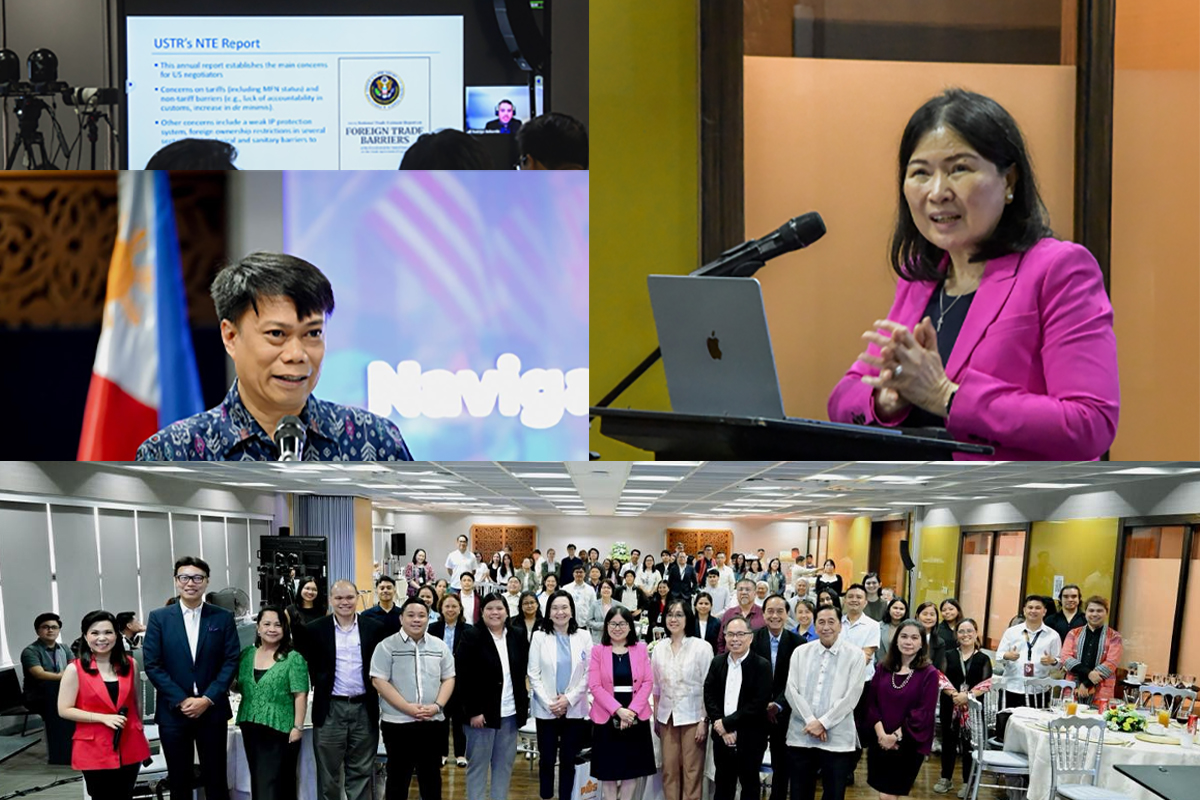TRADE Secretary Ramon M. Lopez said he is in favor of allowing confectionery producers to import sugar to ensure that the price of local candies and biscuits would remain competitive.
Piñol met with members of the Sugar Regulatory Administration board and sugar industry stakeholders on May 28 to discuss the current sugar supply situation. “I was assured by industry stakeholders that there will be enough sugar.”egulatory Administration board and sugar industry stakeholders on May 28 to discuss the current sugar supply situation. “I was assured by industry stakeholders that there will be enough sugar.”
Lopez issued the statement after candy and biscuit makers belonging to the Philippine Confectionery Biscuits and Snacks Association (PCBSA) sought the government’s approval for their request to purchase imported sugar.
The group of confectionery producers pushed for the importation of the sweetener after its average domestic price shot up to as high as P2,790 per 50-kilogram bag (Lkg), more than double the landed price of imports at P1,300 per Lkg.
“They should be allowed to import. Before, we talked to industrial users to commit to buy local sugar to help local farmers,” Lopez told the BusinessMirror via SMS.
“Now that [industrial buyers] are buying local sugar, [farmers] should ensure competitive pricing and supply. World market prices are much lower and it is fair to allow importation to serve the supply requirements of sugar users,” he added.
In a letter to the Department of Trade and Industry (DTI), the PCBSA—a group of 18 producers of confectionery producers—claimed domestic sugar is now priced twofold compared to imports. Sugar is critical for candy and biscuits manufacturers as it constitutes about 60 percent of each confectionery item.
“The prevailing price of domestic sugar is roughly 200 percent of the world market price and is clearly prohibitive,” the PCBSA said.
“At this price, a buyer is not even assured of being supplied upon demand. This price distortion is very significant to PCBSA members, as sugar is the main ingredient of a confectionary item,” its letter read.
Apart from this, the group also accused the government of protecting the local sugar industry “too much” to the point that the free trade aspiration of the Asean Trade in Goods Agreement has been “sidelined”. Because of this, confectionery items produced locally are not and will not be competitive with those brought into the country, the PCBSA argued.
The group also cited the expanding market share of imported candies and biscuits that had gone up to 30 percent last year, from 5 percent in 2010. The PCBSA said the share is “significant” given that the total sales of confectionery goods in the previous year, excluding chocolates, was at P30 billion.
With this, candy and biscuit makers are asking the government to allow it to import sugar to meet its manufacturing requirements. “This can be based on total purchases of a PCBSA member in 2017 through and validated by sales invoices issued by local suppliers,” the letter read.
“PCBSA members will not be allowed to sell imported sugar and act as traders. PCBSA will not compete with sugar millers in selling sugar to the domestic market,” it added.
The group said the importation will be done on a “one-time basis” only for this calender year. The PCBSA is even in favor of permitting the government to set an aggregate limit for the volume of imports.
“[The] government has to protect the local confectionery industry, which we again point out is a P30-billion industry. [The] PCBSA is not seeking the same magnitude of support that the government is giving to the sugar industry, but given the local confectionary industry’s contribution to the economy, this industry likewise deserves the support of the government,” the letter read.
The trade chief said he supports the confectionery’s bid to import sugar, “as long as local producers cannot supply the right quantity at competitive prices.”
Roehlano M. Briones, senior research fellow at the Philippine Institute for Development Studies, agreed with Lopez. He said the rising domestic prices of sugar is “the result of our restrictive policy on sugar importation.”
“Of course, they [confectionery producers] should be allowed to import. I believe in liberalized importation of sugar,” Briones told the BusinessMirror.
‘No need to import’
The Sugar Regulatory Administration (SRA) told the BusinessMirror that the request of the PCSBA has not reached its desk. SRA Administrator Hermenigildo R. Serafica, however, dismissed the need to import sugar as local supply is enough to meet the requirements of manufacturers.
“[The PSCBA] should formally inform the SRA of their requirements then the sugar board will study if the domestic production can cover it or not,” Serafica said via SMS. “As of production week ending May 27, we have sufficient supply of sugar.”
The PCSBA joined the Philippine Sugar Refiners Institute in pushing for the importation of sugar. The PSRI recommended the importation of 100,000 metric tons of refined sugar to ease the tightness in supply.
Earlier, Agriculture Secretary Emmanuel F. Piñol told the BusinessMirror that the Philippines will not import sugar any time soon, as local supply remains ample to meet the demand of industrial users.






